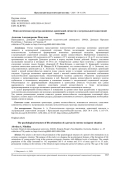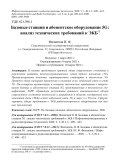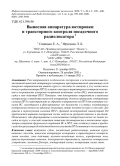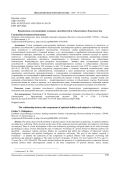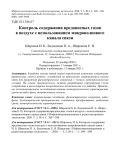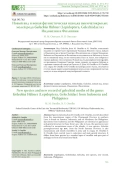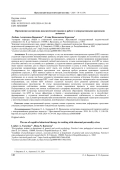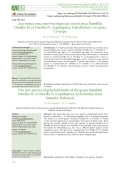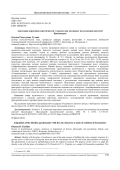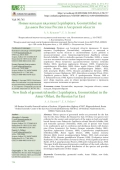Впервые для Амурской области приведено 15 видов пядениц (Lepidoptera: Geometridae), собранных в западной и центральной частях области в лиственничных ( Larix gmelini ) и мелколиственных лесах (транспалеарктические Eupithecia selinata Herrich-Schäffer, 1861 и Anticollix sparsata (Treitschke, 1828)), а также в ее юго-восточной части в хвойно-широколиственных лесах с кедром корейским ( Pinus koraiensis ) (дальневосточные Garaeus mirandus (Butler, 1881), Apochima juglansiaria (Graeser, 1889), Cryptochorina amphidasyaria (Oberthür, 1880), Biston regalis (Moore, 1888), Calicha nooraria (Bremer, 1864), Inurois pseudopunctigera Beljaev, 2022, Jodis praerupta (Butler, 1878), Maxates grandificaria (Graeser, 1890), Trichopteryx inouei Hashimoto, 1987, Heterothera serrataria (Prout, 1914), Eupithecia proterva Butler, 1878, E. quadripunctata Warren, 1888 и E. kobayashii Inoue, 1958). Кратко освещены фитоценотические условия мест сбора пядениц, дано их общее распространение и проведена хорологическая типизация их ареалов.
